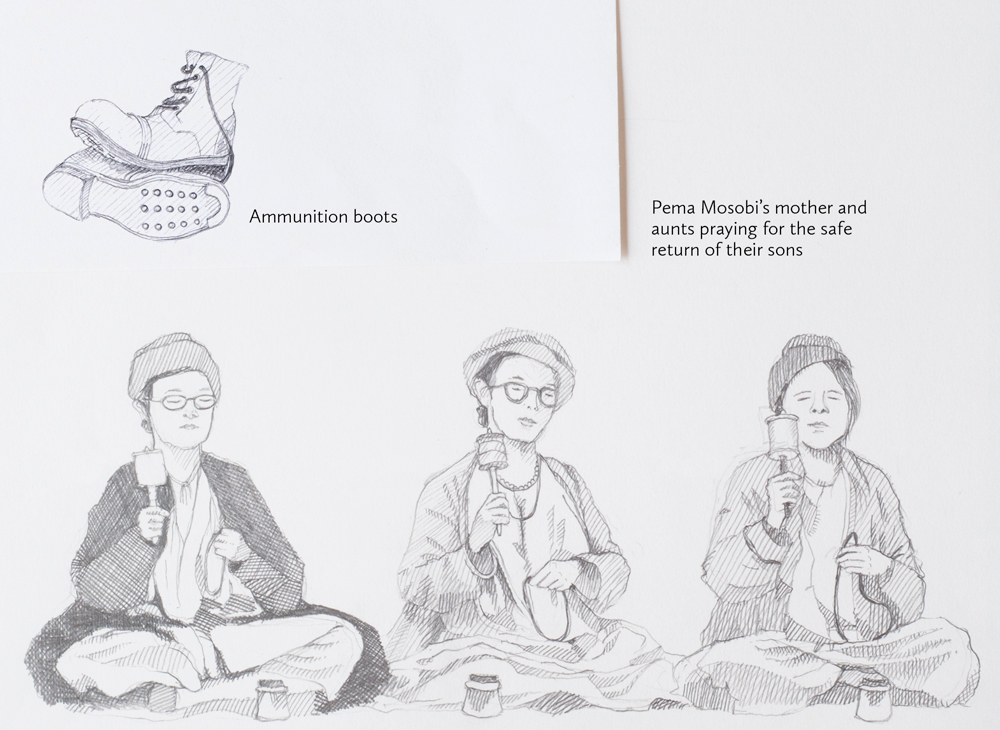
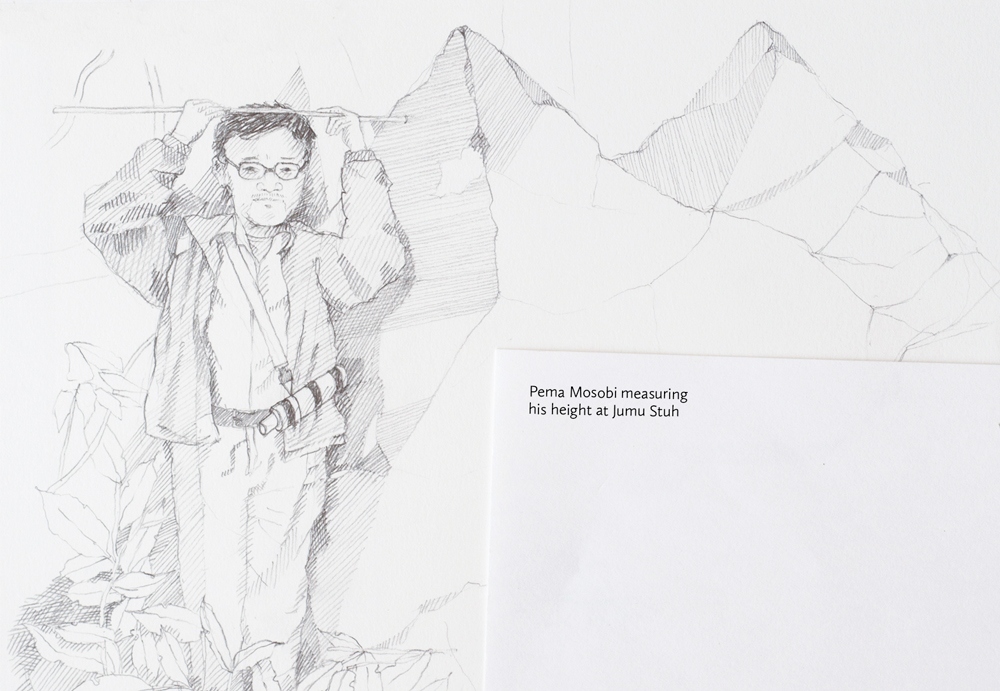
“On our migration as we walked down and went back up—we were always smiling”, recalls Pema Mosobi who has many winter migrations under his belt. Before the era of wall calendars and wrist watches—both the Shertukpens and Bodos would tie a knot to a string and count the days until they would meet formally. Change was near, although they walked down these same roads year after year. With time came wood-based heaters such as bukharis, jackets and blankets that protected them from the harsh winter. As people started to go less often on these migrations, their horses were not used very much and some were sold to the Assam Rifles, the oldest paramilitary force of India. The Bodo militancy problem has led to several people coming from different areas to set up new homes in the foothills of Assam in the last twenty or twenty-five years. “They are not our Bodos” is how this change of relationship was described. Despite besmeh being largely discontinued or observed nominally today, ‘their Bodos’ still try and make it to Rupa and the Shertukpens try to still go down to Assam. Pema says that perhaps his besmeh knowledge could be used to settle the Assam-Arunachal border disputes or to document the incredible story of their migration.

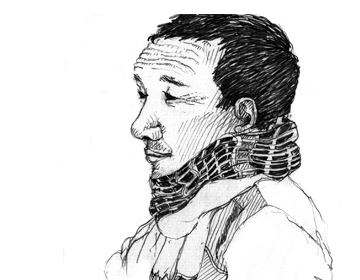
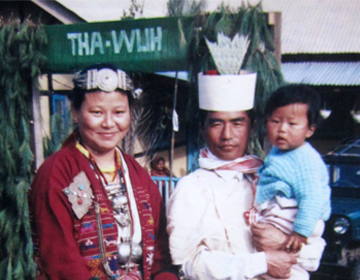
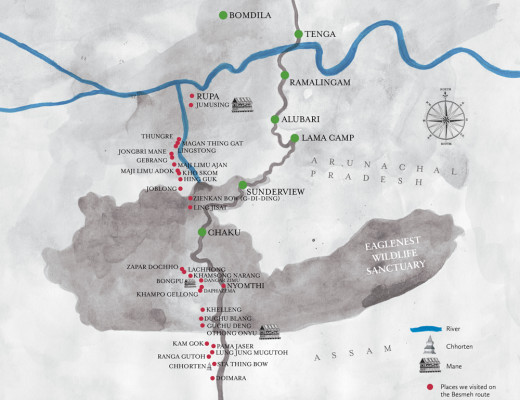
No Comments